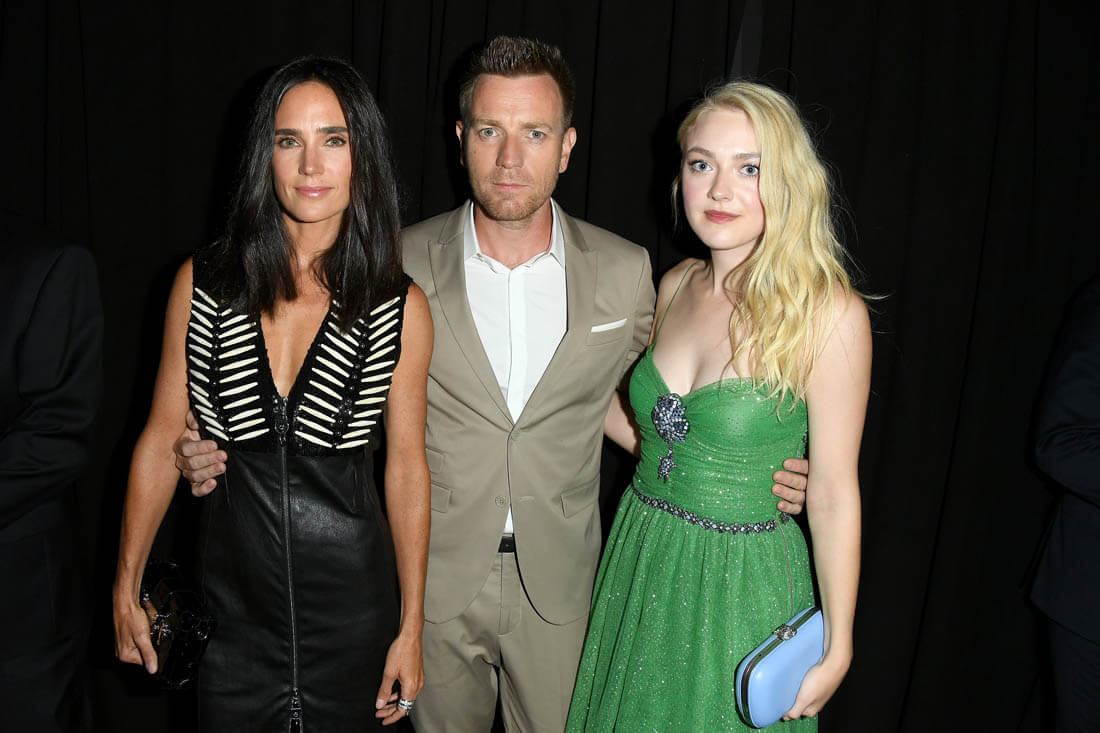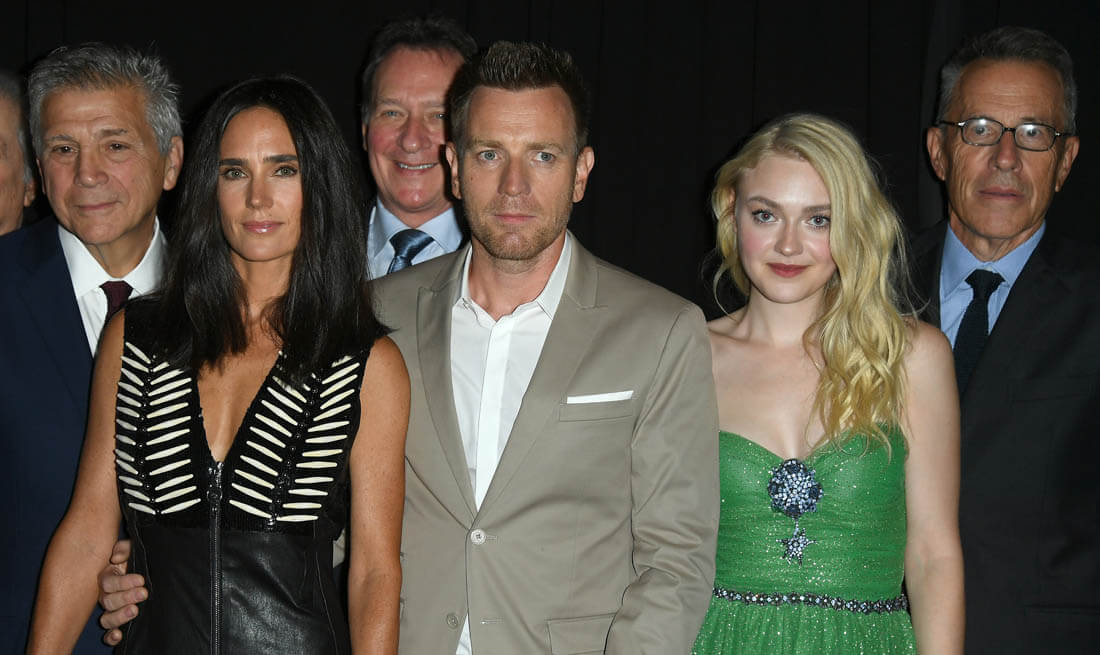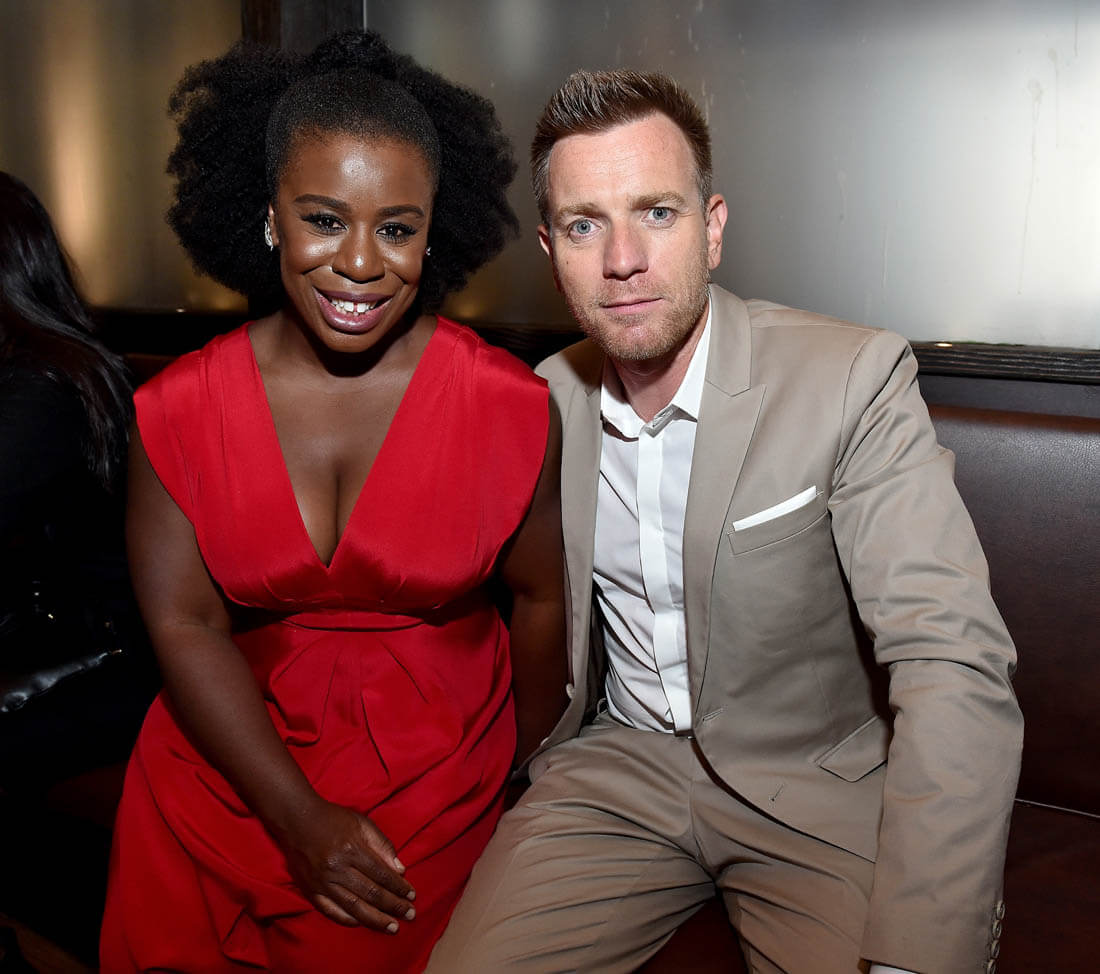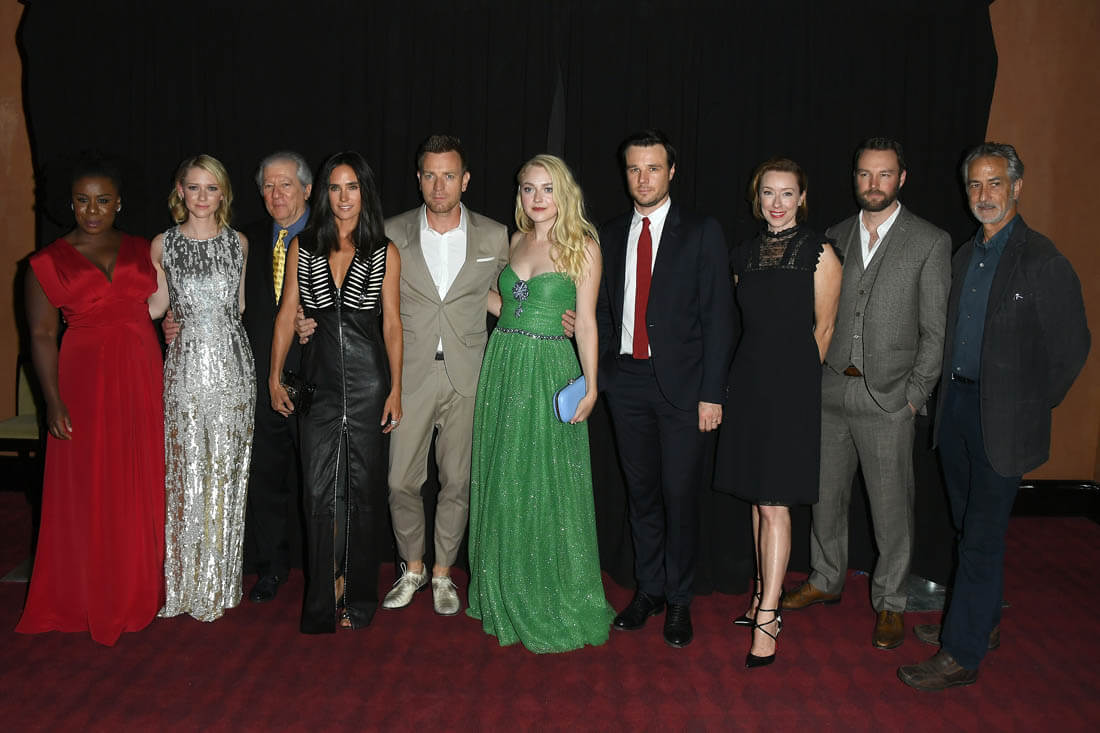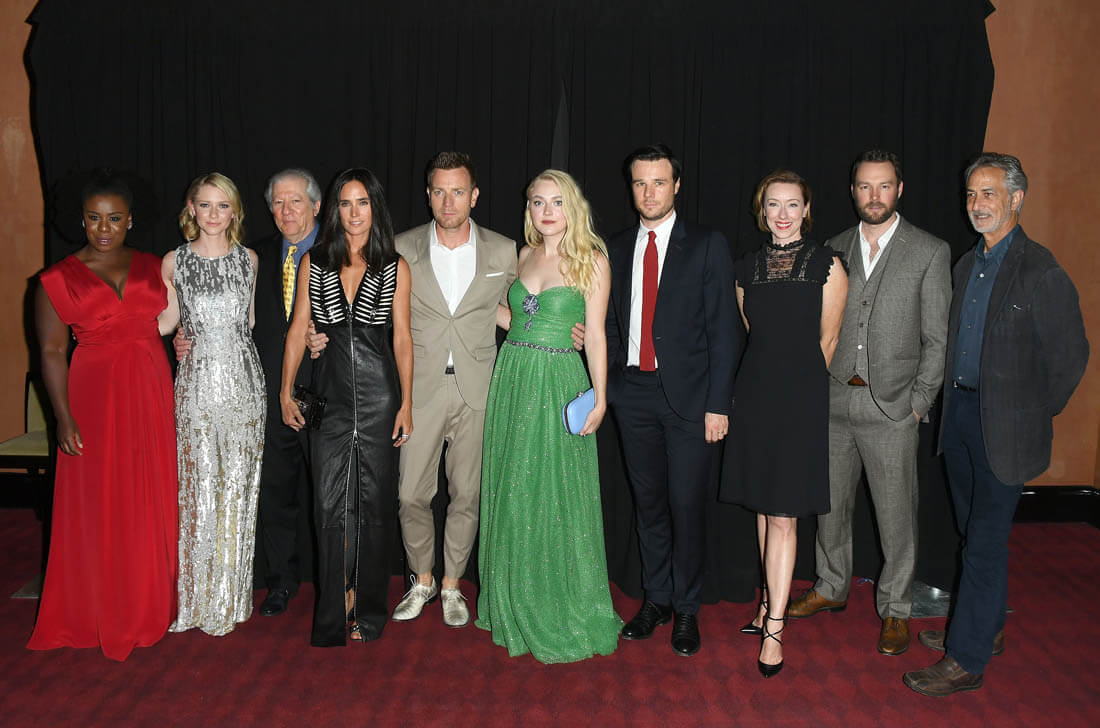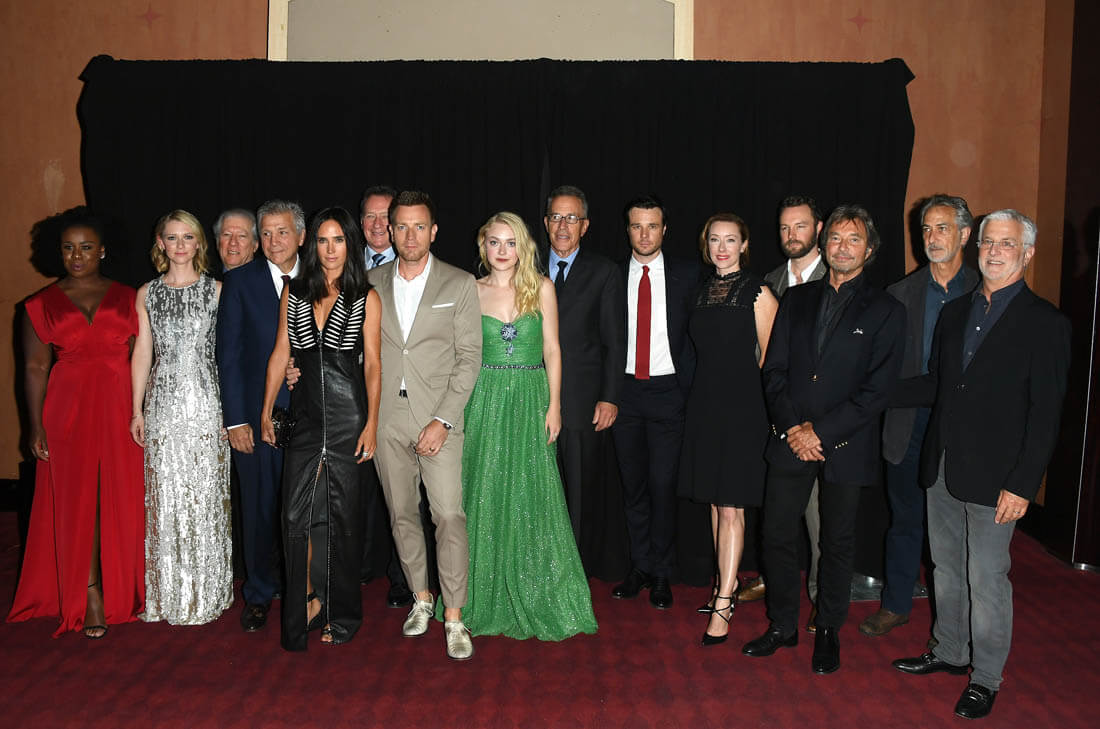Ewan McGregor’s American Pastoral


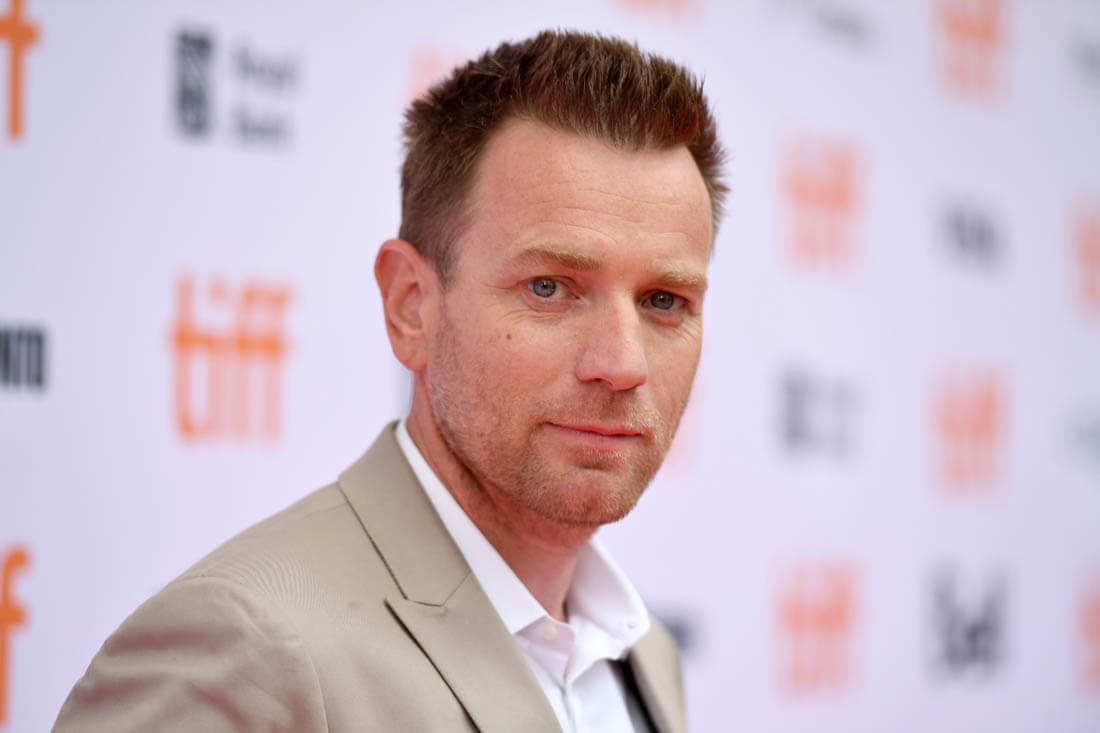
Ewan McGregor makes his directorial debut adapting Philip Roth’s novel American Pastoral, and while he doesn’t embarrass himself, he also doesn’t do himself any favors. Working from an adaptation by John Romano (The Lincoln Lawyer), Pastoral manages to feel too long and like not enough at the same time, and it’s a reminder that not every story, no matter how good, is inherently cinematic. As a novel, Pastoral is incredibly dense, and as a movie, it resists the simplification necessary to produce a two hour movie. The end result isn’t terrible, it’s mostly just boring.
The film is narrated by David Strathairn—a bad sign, it takes a lot of narration to get the story up and running at the beginning—in vaguely-present times as he attends a high school reunion. There, he is reminded of Seymour “Swede” Levov, a popular and beloved high school hero who seemed destined to inherit the world, but who instead fell into ruin because his daughter was a dumbass. We learn the story of the Swede as related by his brother (Rupert Evans, The Man in the High Castle), and it’s meant to be an allegory for America’s loss of innocence through the Vietnam era, a point aggressively made by Swede’s daughter repeatedly yelling, “You don’t care about the war!” as she systematically destroys her father’s life.
McGregor pulls double duty, not only directing but starring as Swede, which is problem #1. The best scenes are ones McGregor isn’t in, because his attention isn’t divided and he can focus on the storytelling. Problem #2: There aren’t too many scenes McGregor isn’t in. As Swede, he’s fine, not doing anything special but getting the job done. Which, coincidentally, is how he is as a director, too. There’s nothing too terrible going on, but he is over-reliant on close-ups, static set ups, and heavy-handed music cues, all of which are pretty common with first-time actor/directors. He’s not egregiously bad and I wouldn’t mind seeing him try again with a simpler story and also, maybe, something he doesn’t have to star in so he can just focus on story.
But a much bigger problem for Pastoral than McGregor’s uninteresting direction is that the adaptation itself isn’t very good. Again Pastoral is a very dense novel and Roth has historically resisted adaptation—although this summer’s Indignation reportedly did pretty well by him—and a two-hour movie just isn’t enough to unpack everything crammed into it. The movie focuses on Swede, which means losing context for his wife, Dawn (Jennifer Connelly, appropriately fragile), and daughter, Merry (played as a child by Ocean James, The Visit, and as a teen/adult by Dakota Fanning).
In Merry’s case, the loss is particularly calamitous. Merry’s emotional issues are marked by a stutter, and Swede and Dawn are warned early on that Merry is troubled though they reject the therapist’s claims despite a pre-pubescent Merry trying to seduce her dad. Because we have no other access to Merry’s state of mind besides her constant ranting at her parents, she comes across like the worst kind of over-indulged teenaged brat, and her rebellion is so aggressive from the beginning that it is not remotely surprising when it takes a violent turn. Merry is awful and you actually root for the cops to catch her.
American Pastoral is boring at best, but it will play well to one audience—white suburban parents. Because Merry is so f*cking intolerable from the very beginning, her evolution into radical domestic terrorist is less a metaphor for America’s loss of innocence and more a warning. It’s like an after school special advocating keeping your kids away from “those people” with “the ideas”. It really needs more room to breathe—probably would have been better off as a miniseries—but unfortunately McGregor isn’t up to the task of translating American Pastoral. His effort, while not disastrous, is hardly distinguishing.







